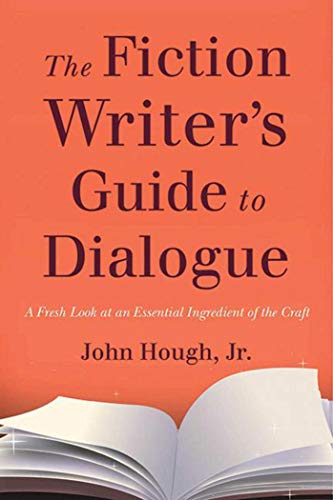
Hough draws on his own experience as a novelist and writing teacher to offer a wealth of advice and examples to help writers improve their dialogue skills.
One of the strengths of the book is Hough's emphasis on the importance of dialogue in fiction. He argues that dialogue is one of the most powerful tools a writer has for revealing character, advancing plot, and creating tension and conflict. He also emphasizes the importance of using dialogue to convey subtext and create a sense of realism in fiction.
Hough offers numerous practical tips and techniques for writing effective dialogue, including advice on how to write natural-sounding dialogue, how to use dialogue tags and beats to create rhythm and pacing, and how to use subtext to create tension and conflict.
Another strength of the book is Hough's engaging and accessible writing style. He writes with clarity and humor, and his examples and anecdotes are both entertaining and informative.
However, it is worth noting that some of the advice in the book may not be universally applicable. For example, Hough emphasizes the importance of avoiding adverbs in dialogue tags, while some writers may find that adverbs can be used effectively in certain situations.
Overall, "The Fiction Writer's Guide to Dialogue" is a valuable resource for writers looking to improve their dialogue skills. While some of the advice may not be applicable to all writers or all writing situations, Hough's focus on the importance of dialogue and his practical advice make the book a worthwhile read for writers at all levels.





